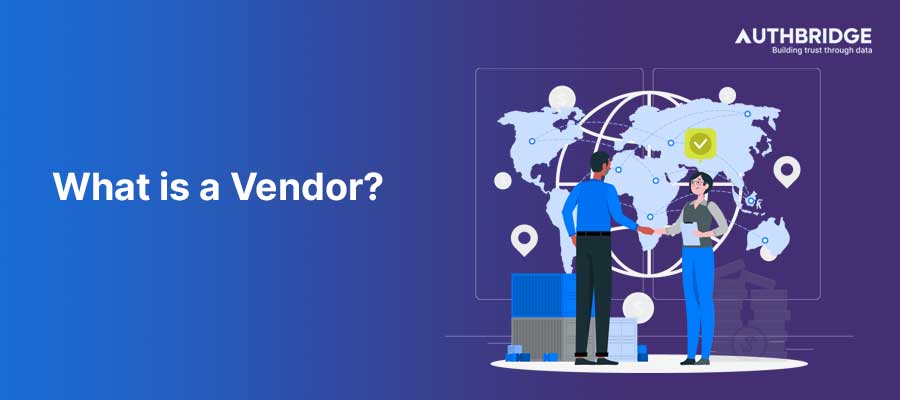What Is A Vendor?

What is a Vendor?
A vendor, also known as a supplier, is an individual or company that sells goods or services to another entity. Vendors can operate in various industries, including retail, manufacturing, technology, and more. Here’s a detailed look at the role and types of vendors:
Types of Vendors
- Retail Vendors: These vendors sell products directly to consumers. Examples include grocery stores, clothing boutiques, and online marketplaces like Amazon.
- Wholesale Vendors: These vendors sell goods in bulk to retailers or other businesses. Examples include warehouse clubs like Costco and business-to-business suppliers.
- Service Vendors: These vendors provide services rather than physical products. Examples include IT service providers, cleaning companies, and consulting firms.
- Manufacturing Vendors: These vendors supply raw materials or components to manufacturers who then produce finished goods. Examples include suppliers of steel, plastics, or electronic components.
How does a Vendor work ?
- Supply Goods and Services: The primary function of a vendor is to supply goods and services to businesses or consumers. This can range from raw materials for manufacturing to finished products for retail.
- Inventory Management: Vendors often manage the inventory they supply, ensuring that there is a consistent and reliable flow of products to their customers.
- Quality Assurance: Vendors are responsible for ensuring that the goods and services they provide meet the required quality standards.
- Pricing and Negotiation: Vendors set prices for their goods and services and often negotiate terms with buyers to reach mutually beneficial agreements.
- Logistics and Delivery: Vendors handle the logistics of delivering goods to their customers, including transportation, shipping, and handling.
Importance of Vendors
- Supply Chain Management: Vendors are critical components of the supply chain. They provide the necessary materials and products that businesses need to operate and serve their customers.
- Economic Impact: Vendors contribute significantly to the economy by creating jobs, generating revenue, and fostering trade relationships.
- Innovation and Competition: Vendors drive innovation by developing new products and services. They also stimulate competition, which can lead to better quality and lower prices for consumers.
Vendors vs Suppliers
Vendors and suppliers are essential components of the supply chain but serve different roles. Vendors sell finished goods or services directly to consumers, focusing on marketing and customer satisfaction. They are the endpoint of the supply chain, such as retail stores or online marketplaces. In contrast, suppliers provide raw materials, components, or services to manufacturers and other businesses, enabling the production of finished goods. They operate at the beginning or middle of the supply chain, ensuring continuous production and influencing production costs. While vendors impact sales and customer experiences, suppliers are crucial for production continuity and cost management.
Challenges Faced by Vendors
- Market Competition: Vendors often face intense competition, which can impact their profitability and market share.
- Supply Chain Disruptions: Issues such as natural disasters, political instability, or transportation problems can disrupt the supply chain and affect a vendor's ability to deliver goods and services.
- Regulatory Compliance: Vendors must comply with various regulations, including safety standards, environmental laws, and trade regulations, which can be complex and costly.

Abhinandan Banerjee
(Associate Manager - Marketing)
Abhinandan is a dynamic Product and Content Marketer, boasting over seven years of experience in crafting impactful marketing strategies across diverse environments. Known for his strategic insights, he propels digital growth and boosts brand visibility by transforming complex ideas into compelling content that inspires action.



